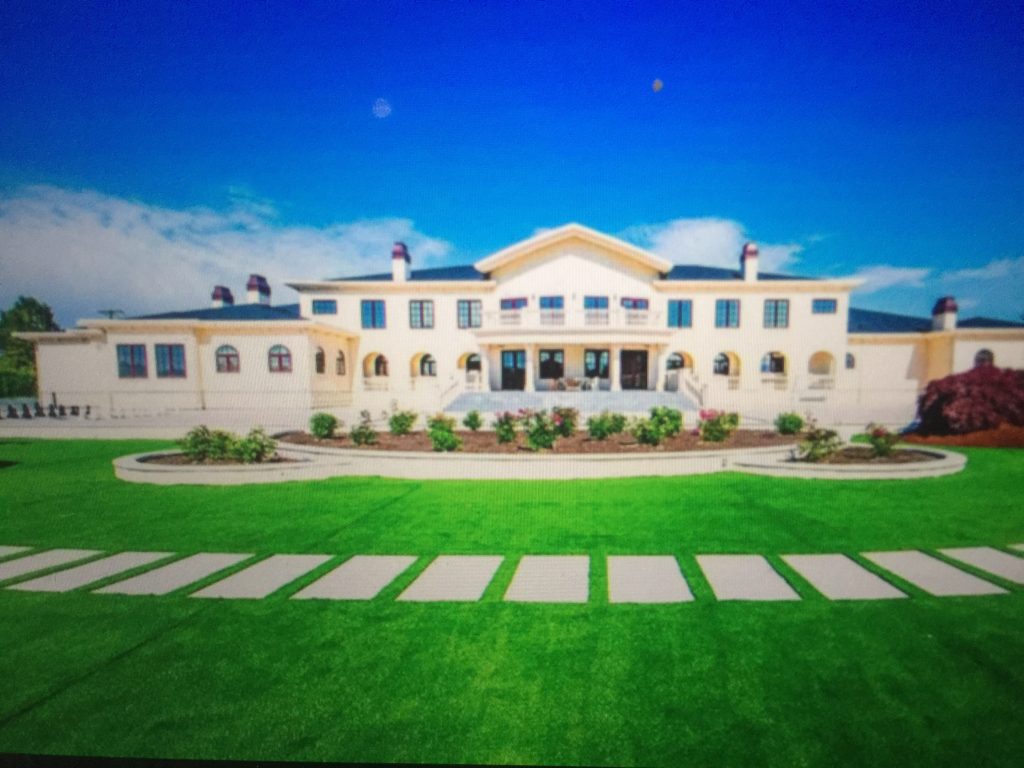
Here’s an interesting poll from Mario Canseco with Research.Co and a reminder that when the BC speculation tax was passed, there was expectation of a big revolt against it.
Journalist Ian James Young calls it out on twitter: “has ever an issue received so much attention, and gained so little traction, as the supposed revolt-in-waiting over the BC speculation tax?”
Mr. Canseco’s poll taken in June 2020 shows that 78 percent of people in British Columbia were prepared to take the issue of foreign ownership even farther, being in support of a regulation banning “most foreigners from purchasing real estate in Canada”.
The comparison used in the survey was the legislation in place in New Zealand that bans foreign investment by persons and corporate entities that are not vested in that country. There are some exceptions in New Zealand available for people with residency status, and Australian and Singaporean citizenship.
Mr. Canseco’s poll found support in B.C. highest among Vancouver Island residents and those aged 35 to 54 years, both at 88 percent.
The foreign buyers’ tax has now increased from 15 to 20 percent, with 79% of people surveyed in the province agreeing with that increase. Introduced in 2016 the Buyers’ Tax also applied to farm property with an “improvement”. If the farmland was purchased without a house and a house then built afterwards it appears not to be subject to the foreign buyers’ tax through a loophole.
There are a number of Canadian provinces that already have regulations on land “non-residents” can buy. It is only five provinces~British Columbia, Ontario, Newfoundland and Labrador, New Brunswick and Nova Scotia~that have no policies restricting foreign owning of land. The remaining provincial policies are centred on the control of farmland and shoreline. It appears at the time of regulation enactment the issue of substantial foreign ownership in cities was not on the radar.
As this article by Aaron Bowler and Kevin Ackhurst attests, Alberta limits foreign ownership of land to a total of twenty acres, while Saskatchewan restricts such purchases to ten acres. Manitoba limits farmland foreign ownership to forty acres. Quebec limits “non-Quebec” residential ownership of anything more than ten acres to land south of the 50th parallel, which is deemed agricultural.
In Prince Edward Island, non-residents and corporations are allowed to hold land with a maximum aggregate area of five acres, or land that has a shore frontage of 165 feet or less. There is also the Montgomery Trust which protects scenic shoreline and farms within the area described in L. M. Montgomery’s Anne of Green Gables books. Land title in these areas must go to a person residing on the island for at least half of each year.
As Mr. Canseco concludes “The notion of forbidding most foreigners from owning real estate in Canada is popular among all demographics in British Columbia”.
You can review the findings and the full data set here.

Images:SurreyLeader,BIV













Good. Hopefully now that the NDP has a clear majority they will act on this.
What was stopping them before?
The Greens.
Bob. You’re misinformed. Andrew Weaver called for a ban on non-resident ownership years ago. Unfortunately, the NDP lacks the conviction and sympathizes with speculators and foreigners.
No they didn’t. See Gar’s link.
https://www.vancourier.com/real-estate/greens-agree-compromise-with-ndp-on-speculation-tax-changes-1.23468781
I’m disappointed that there is no national strategy on foreign ownership, as exists in many other countries. The province-by-province approach results in a patchwork of legislation.
Do we not need better data on who exactly owns what before engage in more legislation? The previous attempts to blame foreigners for real estate prices have come up with fairly small numbers. The empty condo scare came up with a very small minority of condos that were empty, and the better statistics from CMHC also showed that foreign ownership of BC residential property amounted to less than 5% of residential properties with a few more percent partly owned by residents and partly owned by non-residents (a completely predictable and reasonable outcome in an area accepting of immigrants). And even of the purely non-resident owners, were they purely real estate speculators or did they have some connection to this area like an intent to retire here? We don’t know.
And not included in this CMHC data was the aspect of time, how has the level of foreign ownership changed over the last few decades? Is there a correlation between increased foreign investment and increased prices? Or is foreign investment counter-cyclical, not something that I would expect, but not impossible. And what percentage of foreign-owned residential properties are rented out? Because what we have in that situation is foreign capital providing domestic rental housing which is surely to our benefit.
As for the proposal that out-of-province owners pay a higher rate, Weaver was probably doing all of us a favour by getting it dumped. It screams unconstitutional. The law should treat all Canadians equally, thus the Vancouver-residing owner of a condo in Whistler must pay the same rate of tax as the Calgary-residing owner of a condo in Whistler. The Quebec law does not treat everyone equally, but it does so only for farming property, which is a way smaller market than residential property, and we don’t know if the law is even enforced, especially if such enforcement would lead to a constitutional challenge.